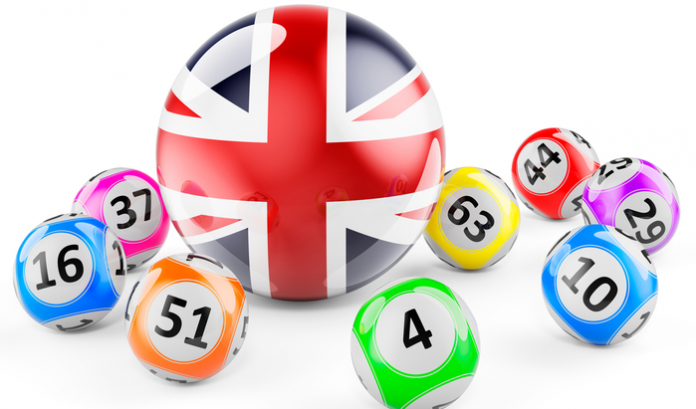A panel of representatives from societal lotteries in the UK have told MPs that Camelot ‘haven’t been the easiest partners’ to work within the sector and that moving forward, they would like to work ‘more collaboratively’ with the National Lottery.
Giving evidence to the Department for Culture, Media and Sport’s inquiry titled ‘What Next for the National Lottery?’, Donald Macrae, Promoter of the Health Lottery, Clara Govier, MD of the People’s Postcode Lottery and Tony Vick, Chair of the Lotteries Council were unanimous in the uneasy relationship between societal lotteries and Camelot throughout the past decade.
Asked by the Select Committee Chair Julian Knight MP about the Health Lottery’s relationship with Camelot, Macrae remarked: “They haven’t been the easiest partners to work with in the sector and we would like to see either a change from Camelot if they do end up actually having the franchise.
“We hope that whoever it is that ends up winning the franchise sees a more positive way of working together with society lotteries.”
Knight jokingly posited that, from the evidence given, the panelists must be ‘pleased’ to see Camelot miss out on the fourth National Lottery licence to Allwyn, though it is currently subject to a legal battle.
The committee Chair asked Govier to ‘put some meat on the bones’ on how Allwyn could establish a better relationship with societal lotteries, to which she answered by referring to closer ties and collaboration.
Govier detailed: “It is in all of our interests to make sure that the National Lottery is run in the right way and that means that good causes are the central piece of that jigsaw.
“The new licence has brought that in and I think there’s an opportunity to work collaboratively to ensure the impact of charities we all support.”
The PPL’s MD also added that its players’ donations covered the British Red Cross’s core operational costs of £10m, whilst National Lottery funding of £10.5m is used complementary and in addition to that, ensuring the charity can flourish.
Later in the proceedings, Damian Green MP attempted to ask the panelists the simple question which encompassed the inquiry: “What is next for the National Lottery?”
Vick noted that he would like a more ‘amicable’ relationship between the National Lottery and society lotteries, adding: “I think we would just like not to be seen as the scapegoat which I think we are seen as.”
Govier replied by referring once more to the charitable aspects of lotteries, and how donations to good causes must be placed at the forefront of the lottery’s remit rather than profits.
“I think what we have seen in the past is that profit has overtaken that (good cause donation) benefit,” she noted.
“I think going forward, the consumer will ask for that more and want to see that as a national asset itself. But I also that as the Gambling Commission has already said, there are developments within the digital space that is suspect the National Lottery to take advantage of going forward.”
In concluding proceedings, concerns were raised over problem gambling issues surrounding lotteries, particularly that lotteries can act as a gateway to further gambling that could lead to harms.
Macrae clarified that lotteries do provide a ‘dream’ to players, but that it is often a ‘daydream’ that does not cause harm. He did, though, acknowledge that it would be a worry for anyone to become ‘obsessed’ over playing lotteries.
“I think that there is nothing dangerous about somebody who is worried about money, being prepared to buy a lottery ticket and dream,” he said. “It is one thing having an occasional daydream, it’s another thing to be obsessing.”



























